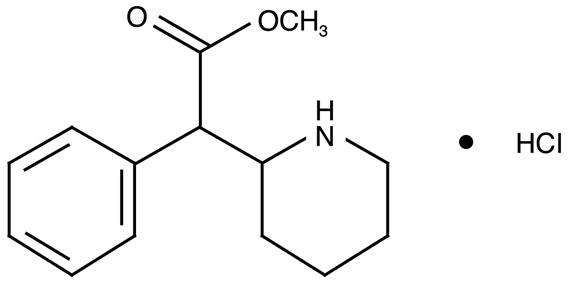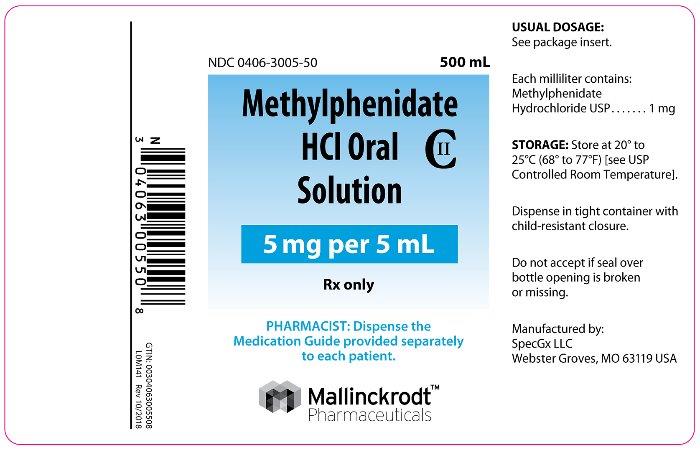Methylphenidate Hcl | Methylphenidate Hydrochloride Solution while Breastfeeding

What is Methylphenidate Hcl | Methylphenidate Hydrochloride Solution used for?
Can I continue breastfeeding if I am using Methylphenidate Hcl | Methylphenidate Hydrochloride Solution? How long does it stays in breast milk?

Methylphenidate Hcl | Methylphenidate Hydrochloride Solution Breastfeeding Analsys
Methylphenidate hydrochloride while Breastfeeding
SafeCAS Number: 113-45-1
The amount excreted to breast milk is so small that it is not detected in breast-fed infants. No adverse side-effects have been reported. Check-up for milk production since it may decrease Prolactin excretion on theoretical basis.
Methylphenidate Hcl | Methylphenidate Hydrochloride Solution Breastfeeding Analsys - 2
Methylphenidate hydrochloride while Breastfeeding
CAS Number: 113-45-1
In dosages prescribed for medical indications, limited evidence indicates that methylphenidate levels in milk are very low and not detectable in infant serum. The effects of methylphenidate in milk on the neurological development of the infant have not been well studied. If methylphenidate is required by the mother, it is not a reason to discontinue breastfeeding.[1] It is possible that large dosages of methylphenidate might interfere with milk production, especially in women whose lactation is not well established.

What if I already have used Methylphenidate Hcl | Methylphenidate Hydrochloride Solution?
Methylphenidate Hcl | Methylphenidate Hydrochloride Solution is safe in breastfeeding and should not create any health problem for your baby but in case you feel any health issue associated with Methylphenidate Hcl | Methylphenidate Hydrochloride Solution you should contact your doctor or health care provider. Be it pregnancy or lactation you shall keep your doctor informed.
My health care provider has asked me to use Methylphenidate Hcl | Methylphenidate Hydrochloride Solution, what to do?
Definitely, Methylphenidate Hcl | Methylphenidate Hydrochloride Solution is safe in lactation for baby. No wonder your doctor has recommended it.
If I am using Methylphenidate Hcl | Methylphenidate Hydrochloride Solution, will my baby need extra monitoring?
No extra baby monitoring required while mother is using Methylphenidate Hcl | Methylphenidate Hydrochloride Solution
Who can I talk to if I have questions about usage of Methylphenidate Hcl | Methylphenidate Hydrochloride Solution in breastfeeding?
US
National Womens Health and Breastfeeding Helpline: 800-994-9662 (TDD 888-220-5446) 9 a.m. and 6 p.m. ET, Monday through Friday
UK
National Breastfeeding Helpline: 0300-100-0212 9.30am to 9.30pm, daily
Association of Breastfeeding Mothers: 0300-330-5453
La Leche League: 0345-120-2918
The Breastfeeding Network supporter line in Bengali and Sylheti: 0300-456-2421
National Childbirth Trust (NCT): 0300-330-0700
Australia
National Breastfeeding Helpline: 1800-686-268 24 hours a day, 7 days a week
Canada
Telehealth Ontario for breastfeeding: 1-866-797-0000 24 hours a day, 7 days a week
